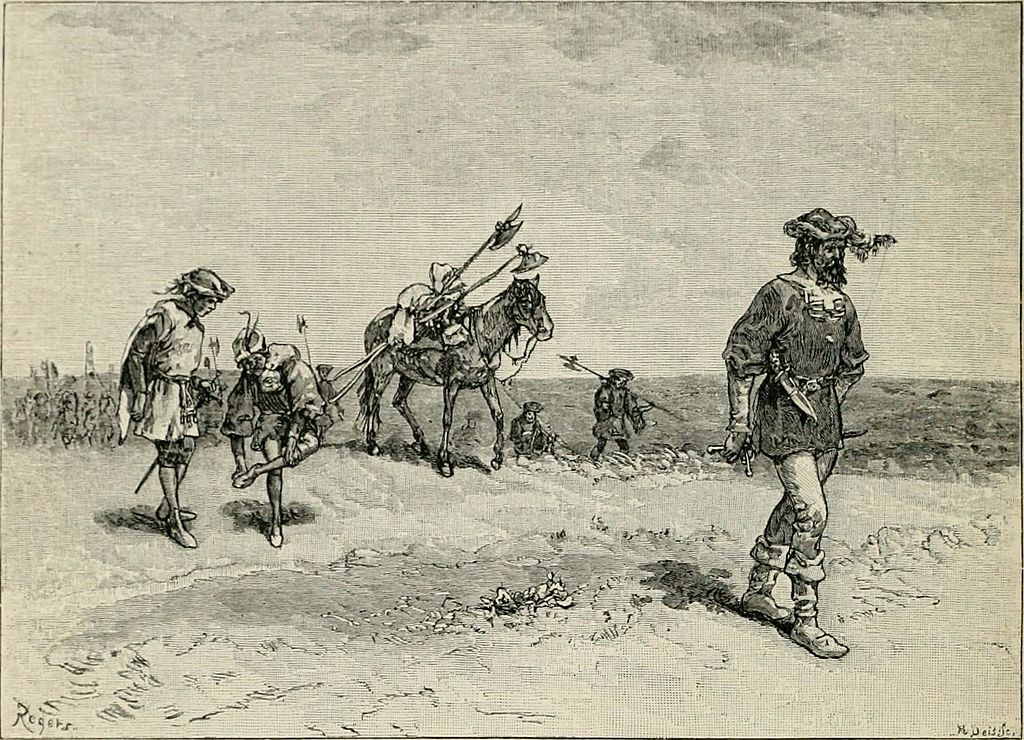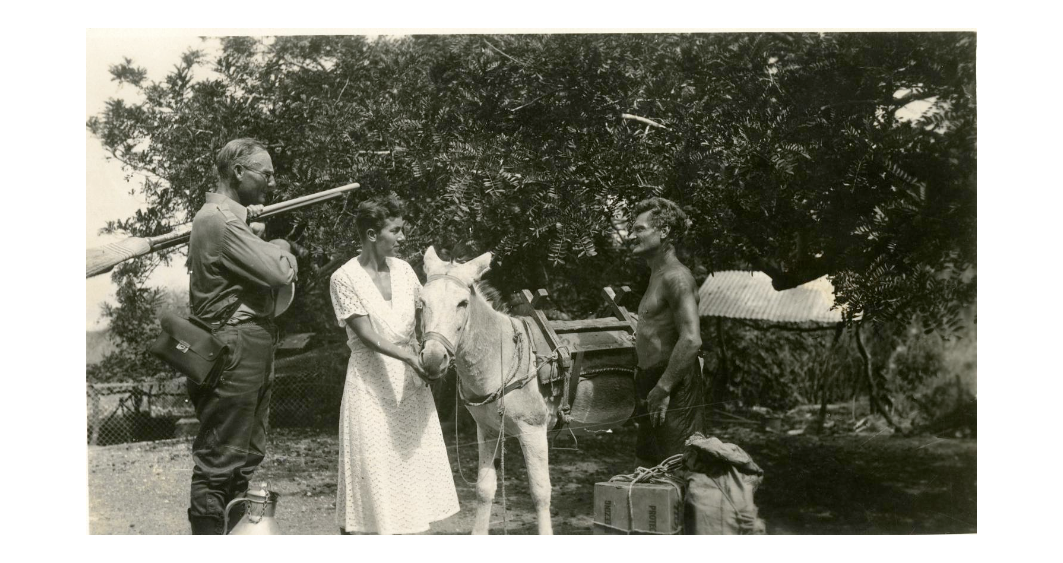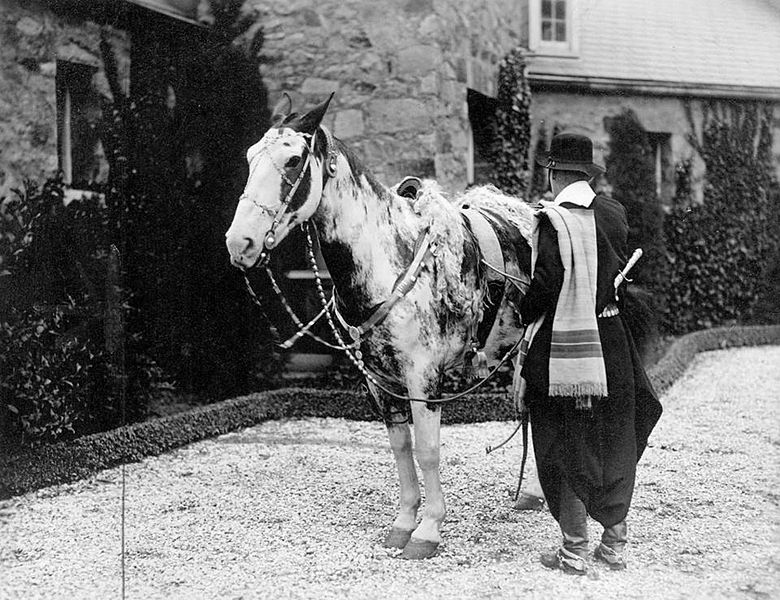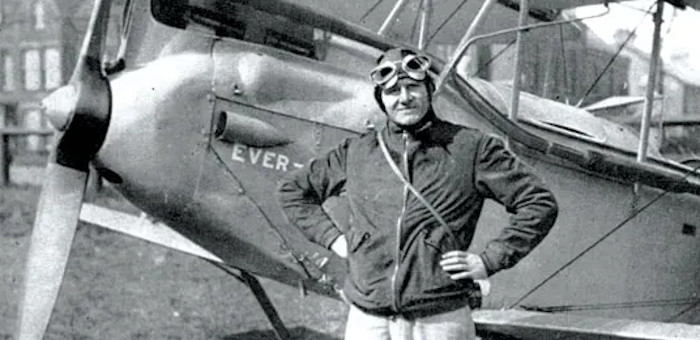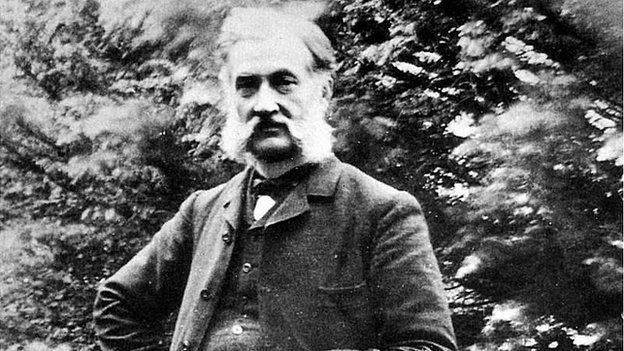
In 1890, French inventor Louis Le Prince vanished just as he was preparing to debut his early motion pictures. He was never seen again. In this week’s episode of the Futility Closet podcast we’ll consider the possible causes of Le Prince’s disappearance and his place in the history of cinema.
We’ll also reflect on a murderous lawyer and puzzle over the vagaries of snake milking.

